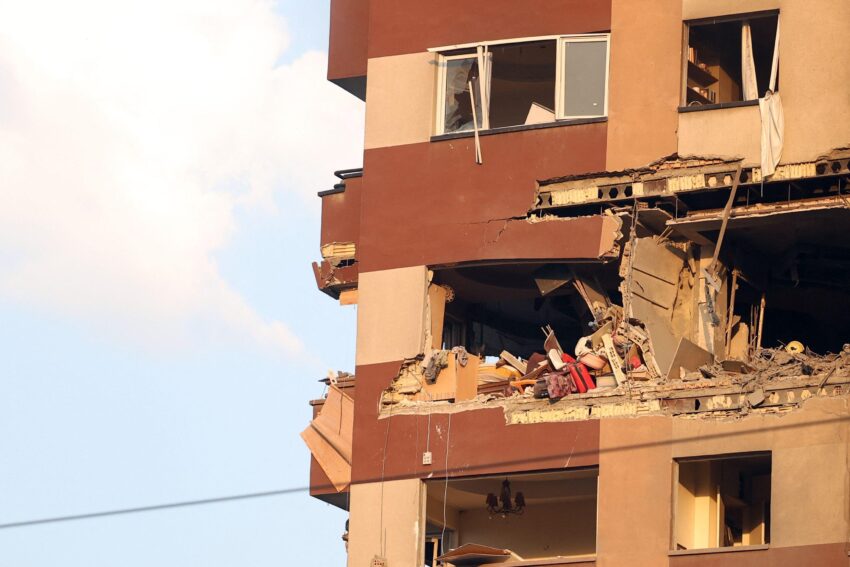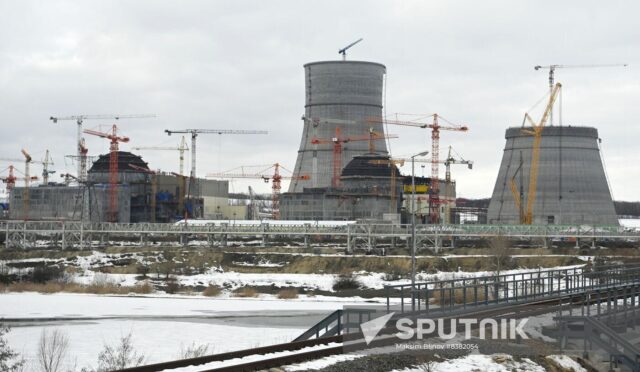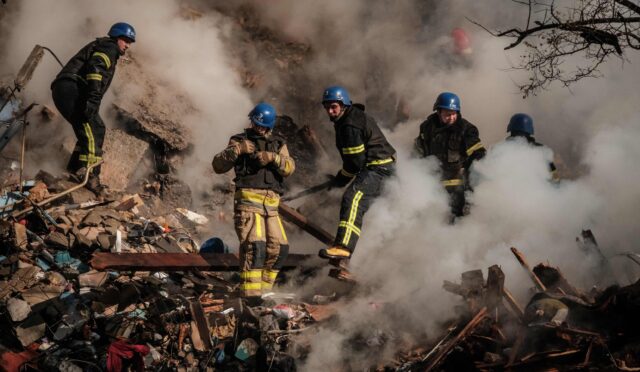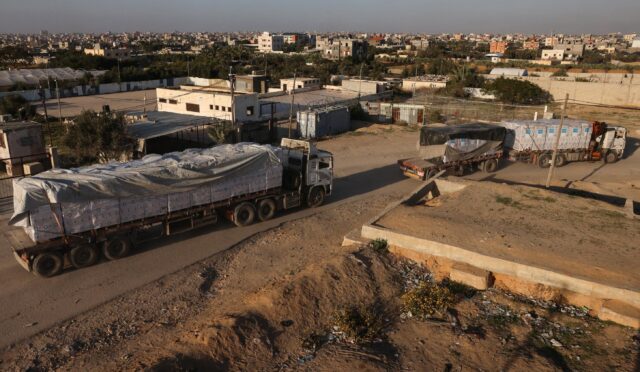Israel Conducts Major Airstrikes on Iran
On Friday, Israel executed a coordinated series of airstrikes across Iran, targeting approximately 100 locations that included key nuclear and military installations. This military action resulted in significant casualties, notably among Iran’s top military officials, including the chief of staff of the armed forces and the commander of the Revolutionary Guards. Iran’s Supreme Leader Ayatollah Ali Khamenei responded with a stern warning, promising a “bitter and painful” retribution for the attacks.
The strikes reportedly led to the death of significant figures within the Iranian military hierarchy and resulted in additional casualties, with claims from Iranian media that residential areas were also hit. The scale and precision of the operation have led to serious concerns in both Tehran and internationally about the potential for escalating violence in the region.
Iran’s Response and U.S. Involvement
Following the Israeli strikes, Iran reacted swiftly by deploying a fleet of 100 drones towards Israeli territory, prompting an Israeli military response aimed at interception. U.S. President Donald Trump disclosed that he had prior knowledge of the Israeli military actions, which were reportedly conducted by 200 fighter jets. Trump emphasized that Iran should not be allowed to obtain nuclear weapons while affirming that the U.S. would not be directly involved in the military strikes yet cautioned Tehran against any attack on American personnel.
Tehran has asserted that the U.S. bears responsibility for the consequences of Israeli actions, claiming that such operations could not have taken place without American coordination. This statement underscores the complicated dynamics in the conflict, suggesting that the U.S. may have played a critical role behind the scenes.
Netanyahu Declares Ongoing Offensive
Israeli Prime Minister Benjamin Netanyahu reported that the operation directly targeted the core of Iran’s nuclear program, focusing on pivotal sites in Natanz and pursuing key nuclear scientists. In a video conference following the strikes, Netanyahu declared the operation a success and reiterated that Israel would persist with military actions as long as deemed necessary to dismantle Iran’s nuclear capabilities.
The impact of the strikes was severe, drawing attention to Iran’s military leadership losses which included prominent figures like Hossein Salami. Furthermore, reports indicate that civilian structures were also damaged or destroyed, amplifying the humanitarian concerns arising from the conflict.
Israel in Emergency Mode
In light of the escalating situation, Israel declared a state of emergency and secured its airspace against potential Iranian retaliation. Defense Minister Israel Katz warned of imminent missile and drone counterattacks from Iran, indicating that the Israeli public should prepare for possible strikes against civilian targets.
The Israeli military has voiced concerns about Iran’s newfound capabilities and its readiness to launch strikes at any moment, raising alarms within the country as tensions continue to heat up.
Market Reactions and International Tensions
As news spread regarding the airstrikes, global markets reacted sharply, with oil prices soaring by 12 percent and stock indices dropping significantly. The geopolitical ramifications of this conflict also echo President Trump’s earlier warnings of a “massive conflict” looming in the region as tensions rise.
Additionally, Trump mentioned the U.S. decision to reduce personnel in the Middle East amidst threats from Iran to target American military bases, signifying the potential for broader military involvement if the situation continues to escalate.
Warnings from Washington
Secretary of State Marco Rubio issued a clear warning to Iran, reiterating that the U.S. had no part in the strikes and urging Iran to refrain from targeting U.S. interests in the region. His statements aimed to clarify the U.S. position amidst rising hostilities.
Prior to the strikes, Iran had made threats to attack U.S. bases, claiming that all such facilities were within range and could be targeted without hesitation. This aggressive rhetoric further complicates an already tense situation.
Future of U.S.-Iran Talks Uncertain
Amid these developments, discussions surrounding a sixth round of nuclear negotiations between the U.S. and Iran scheduled for Sunday in Oman appear increasingly precarious. President Trump maintained that the U.S. remains hopeful for a return to diplomatic talks, despite the recent escalation.
Meanwhile, the International Atomic Energy Agency (IAEA) confirmed that it is closely monitoring developments, especially around the Natanz facility, maintaining communication with Iranian authorities regarding radiation levels and conditions on the ground.
Israel’s Historical Perspective
Israel’s actions are deeply rooted in their long-standing perception of Iran as an existential threat, particularly following the unparalleled attack on October 7, 2023, by Hamas, which is supported by Tehran. The escalation of direct confrontations between the two nations is unprecedented and stems from a series of increasingly aggressive postures on both sides.
The support from the U.S. has been pivotal for Israel, allowing it to pursue a more assertive military strategy in the face of perceived threats. The Israeli government remains vigilant, constantly analyzing potential risks posed by Iran’s ambitions.
Nuclear Ambiguities and Accusations
The U.S. and its allies continue to express concerns about Iran’s nuclear aspirations, accusing Tehran of seeking to develop nuclear weapons—a claim that Iran refutes. On Wednesday, the IAEA criticized Iran for failing to meet its nuclear commitments, prompting Israel to call for coordinated global action against Iran’s nuclear program.
In response to these pressures, Iran’s nuclear chief described the IAEA’s resolutions as influenced by Israeli interests and announced plans for establishing a new enrichment facility in a secure location. Currently, Iran enriches uranium beyond the limits set by the 2015 nuclear agreement, drawing international scrutiny and apprehension.







